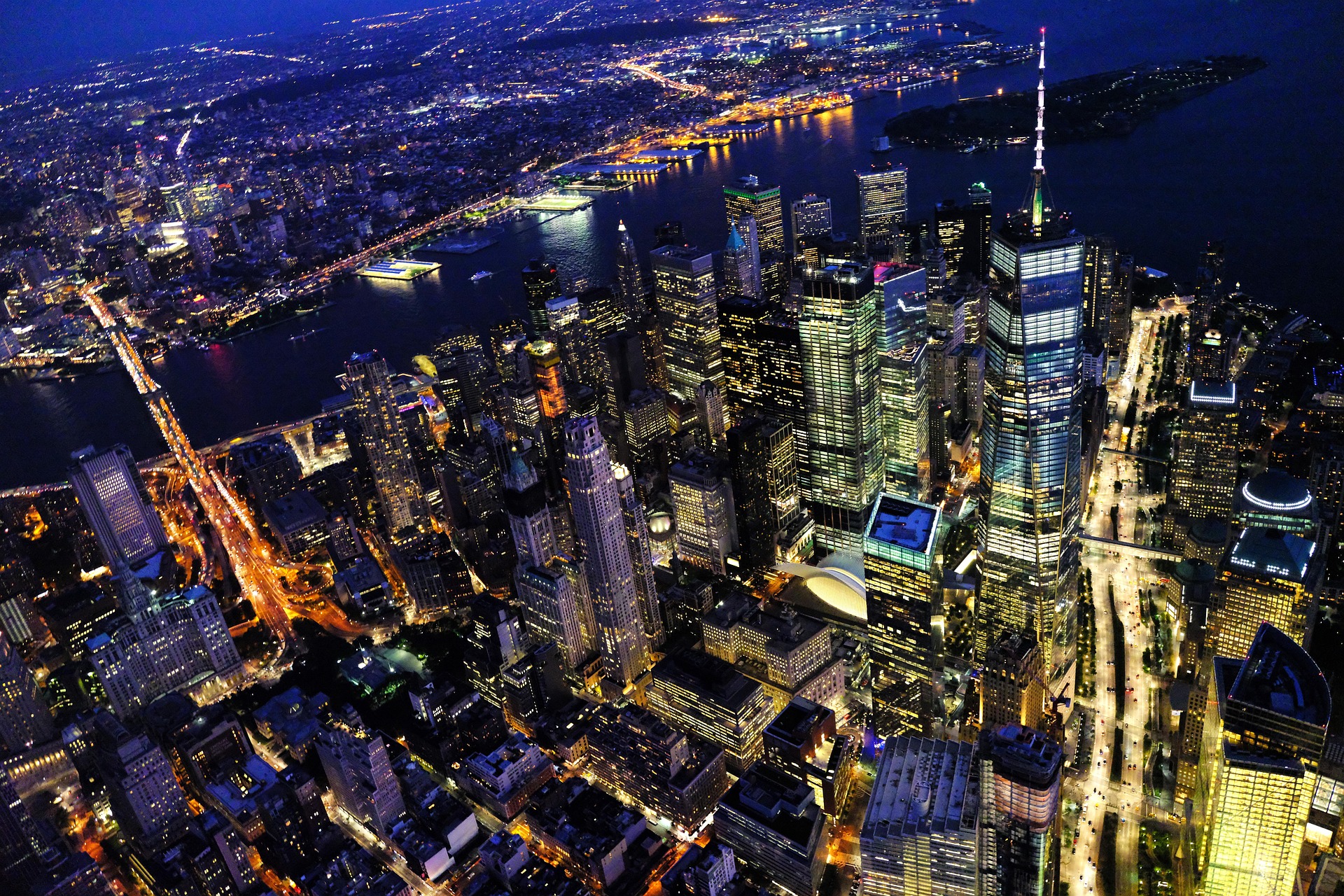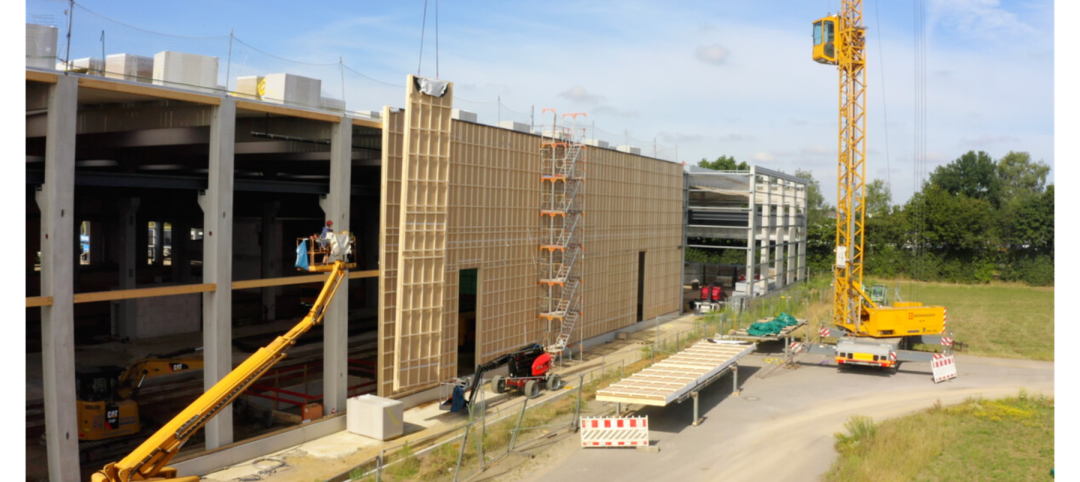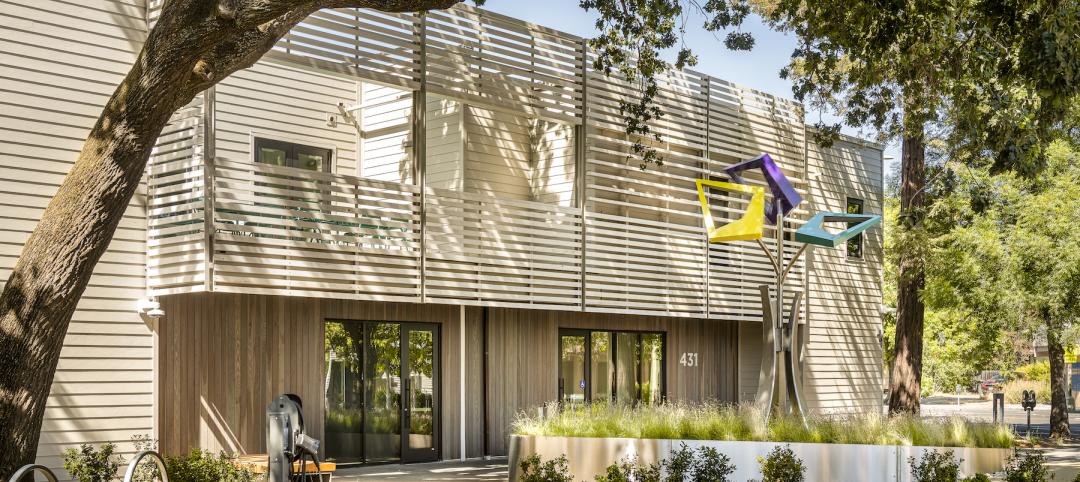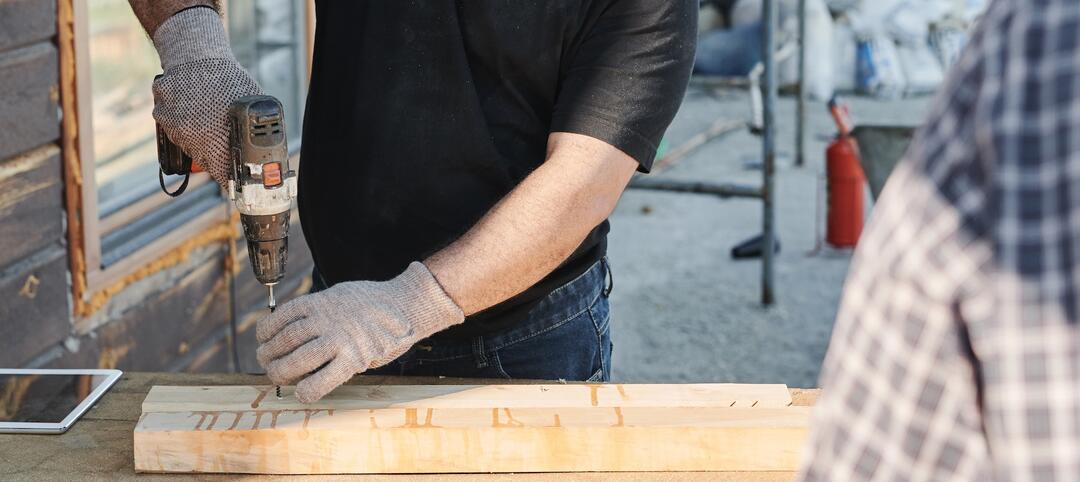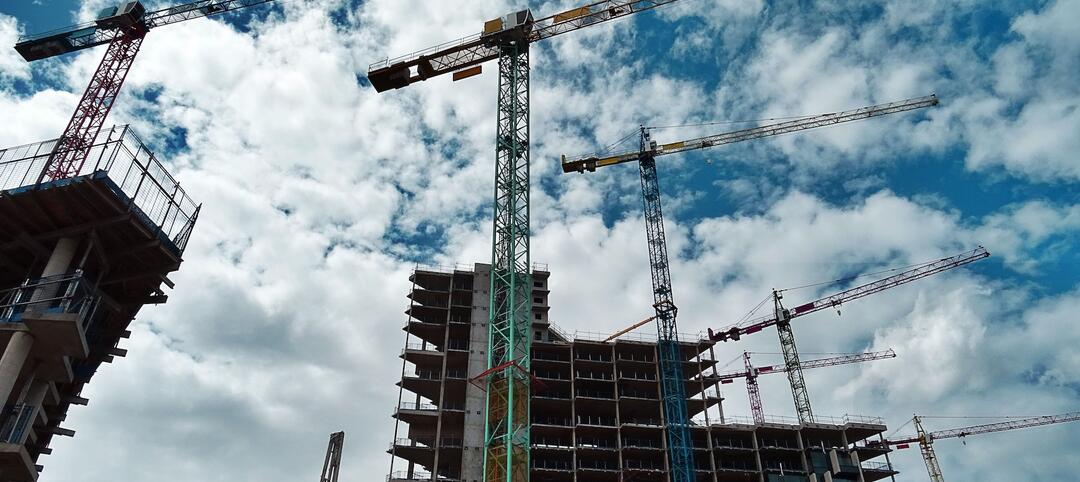nZero, developer of a real-time carbon accounting and management platform, is offering free carbon emissions assessments for buildings in New York City.
The offer is intended to help building owners prepare for the city’s upcoming Local Law 97 reporting requirements and compliance. This law will soon assess monetary fines for buildings with emissions that are in non-compliance.
Nearly 20% of properties are currently over the Local Law 97 caps set for 2024, while about 76% of properties are over the caps set for 2030, according to a nZero news release. “The Real Estate Board of New York (REBNY) estimates 3,700 properties could initially be out of compliance and face over $200 million per year in penalties—this could exceed $900 million annually by 2030,” the release says.
Local Law 97 introduces GHG emissions requirements on buildings over 25,000 sf, and two or more buildings on the same tax lot with a combined size exceeding 50,000 sf. The non-compliance penalty is $268 per metric ton, with the largest non-compliant buildings estimated to be facing fines greater than $100,000 per year. Initial reporting is due May 2025.
“Every building at a certain size will need to meet the new Local Law 97 emissions regulations, but you can't act on what you can't measure,” says Josh Griffin, co-founder and chief policy officer of nZero. “The key to avoiding penalties in May 2025 is early action. Our free assessment helps buildings benchmark emissions now, see what their footprint will look like under the new reporting standards, and offer a decarbonization roadmap based on their unique needs.”
Related Stories
Green | Nov 13, 2022
Global building emissions reached record levels in 2021
Carbon-dioxide emissions from building construction and operations hit an all-time high in 2021, according to the most recent data compiled by the Global Alliance for Buildings and Construction.
University Buildings | Nov 13, 2022
University of Washington opens mass timber business school building
Founders Hall at the University of Washington Foster School of Business, the first mass timber building at Seattle campus of Univ. of Washington, was recently completed. The 84,800-sf building creates a new hub for community, entrepreneurship, and innovation, according the project’s design architect LMN Architects.
Industry Research | Nov 8, 2022
U.S. metros take the lead in decarbonizing their built environments
A new JLL report evaluates the goals and actions of 18 cities.
Green | Nov 8, 2022
USGBC and IWBI will develop dual certification pathways for LEED and WELL
The U.S. Green Building Council (USGBC) and the International WELL Building Institute (IWBI) will expand their strategic partnership to develop dual certification pathways for LEED and WELL.
Wood | Nov 1, 2022
A European manufacturer says its engineered wood products can store carbon for decades
Metsä Wood, a Finland-based manufacturer of engineered wood products, says its sustainable, material-efficient products can store carbon for decades, helping to combat climate change.
40 Under 40 | Oct 19, 2022
Meet the 40 Under 40 class of 2022
Each year, the editors of Building Design+Construction honor 40 architects engineers, contractors, and real estate developers as BD+C 40 Under 40 awards winners. These AEC professionals are recognized for their career achievements, passion for the AEC profession, involvement with AEC industry organizations, and service to their communities.
Green | Oct 5, 2022
In California, a public power provider’s new headquarters serves as a test case for an innovative microgrid and for reducing greenhouse gas emissions
Sonoma Clean Power (SCP), the public power provider for California’s Sonoma and Mendocino Counties, recently unveiled its new all-electric headquarters.
Resiliency | Sep 30, 2022
Designing buildings for wildfire defensibility
Wold Architects and Engineers' Senior Planner Ryan Downs, AIA, talks about how to make structures and communities more fire-resistant.
| Sep 23, 2022
High projected demand for new housing prompts debate on best climate-friendly materials
The number of people living in cities could increase to 80% of the total population by 2100. That could require more new construction between now and 2050 than all the construction done since the start of the industrial revolution.
| Sep 7, 2022
Use of GBCI building performance tools rapidly expanding
More than seven billion square feet of project space is now being tracked using Green Business Certification Inc.’s (GBCI’s) Arc performance platform.


